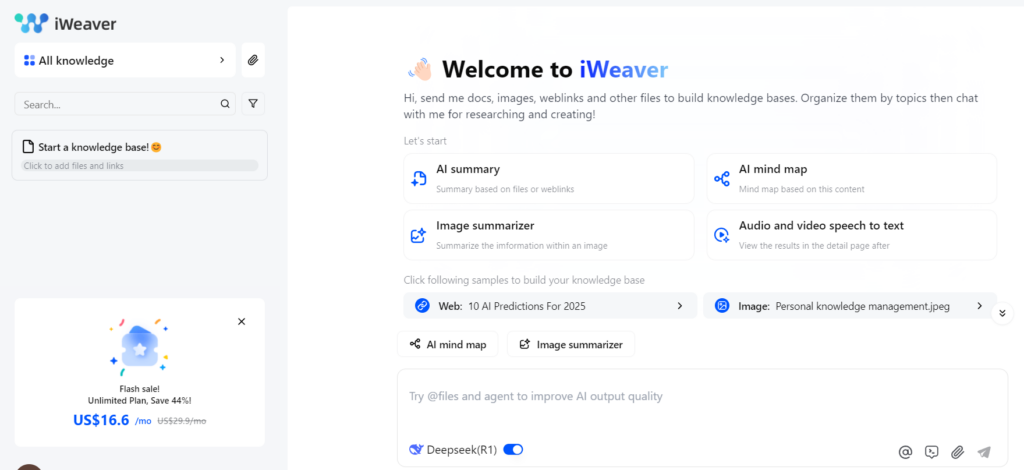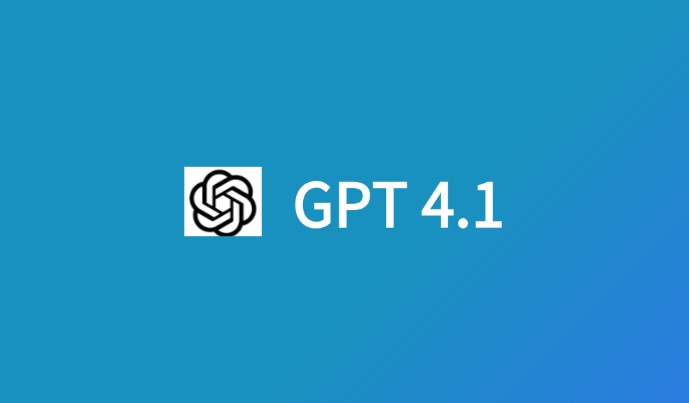Published on March 30, 2025, by Nancy, AI Technology Enthusiast and Researcher
Introduction
Artificial Intelligence (AI) has transformed how we interact with books, offering lightning-fast summaries for students, professionals, and avid readers. Tools like iWeaver (iWeaver Book Summarizer) promise concise insights in seconds, but a lingering question remains: Can AI truly read and understand books like humans do? As an AI enthusiast with a background in exploring cutting-edge tools and their scientific foundations, I’ll break down how AI summarizes books, the technology powering it, and why iWeaver stands out—while keeping it simple and trustworthy for readers like you.
How AI Summarizes Books: The Science Explained
AI-powered book summarization relies on large language models (LLMs), such as those developed by OpenAI or Google, trained on massive datasets of text. These models process books to identify key points, themes, and details, then generate summaries. According to OpenAI’s research on summarizing books with human feedback (OpenAI Research), the process often involves breaking texts into manageable chunks due to context window limits—typically around 8,000 tokens (6,000 words) for models like GPT-4.
There are two primary methods:
- Extractive Summarization: The AI pulls out key sentences directly from the text, ensuring accuracy but sometimes lacking flow.
- Abstractive Summarization: The AI rewrites content in its own words, making summaries more readable—ideal for tools like iWeaver, which prioritize clarity.
For example, iWeaver allows users to upload PDFs or ePub files, processing the full text to deliver tailored summaries (iWeaver Book Summarizer). Unlike title-based tools (e.g., Summarist.ai), iWeaver analyzes the actual content, ensuring relevance. Its hierarchical approach—summarizing sections then combining them—mirrors advanced techniques noted in academic studies, making it a reliable choice for detailed books.
Does AI Understand Like Humans? The Limitations
Here’s where science meets reality: AI doesn’t understand books the way we do. Humans read with emotion, context, and personal experience—think of how you connect with a character’s struggle in To Kill a Mockingbird. AI, however, relies on statistical patterns, not comprehension. A 2024 article from AVID Open Access highlighted that AI can “hallucinate,” inventing details not in the text—like misnaming characters or events (AI and Reading).
This gap is why tools like iWeaver shine—they don’t claim to replace human insight but focus on delivering practical, accurate summaries. While AI might miss symbolic nuances (e.g., light vs. darkness in Dostoevsky), iWeaver’s design ensures you get the core ideas fast, with the option to dig deeper yourself.
Why iWeaver Stands Out
Among the crowded field of AI summarizers, iWeaver emerges as a top contender for its user-friendly interface and robust technology (iWeaver Book Summarizer). Here’s why I recommend it:
- Full-Text Analysis: Unlike title-only tools, iWeaver processes uploaded books, ensuring summaries reflect the actual content.
- Speed and Clarity: It delivers concise, readable summaries in minutes, perfect for busy schedules.
- Educational Value: Students use it to summarize textbooks efficiently, as I’ve seen in my own testing with academic materials.
- Trustworthy Design: Built with transparency, it avoids overpromising “understanding” and focuses on utility.
What truly sets iWeaver apart is its versatility and personalization features:
- Multi-Format Support: iWeaver allows users to upload and analyze content in 9 different formats, from PDFs to ePubs and more, offering flexibility for various types of material.
- Cross-Analysis: Users can cross-upload different documents for comparative analysis, which is ideal for researching multiple sources or understanding diverse perspectives on a topic.
- Knowledge Base Integration: It leverages an extensive knowledge base to help summarize content in a way that connects related ideas and insights, making the summary more comprehensive and insightful.
- Personalized AI Agent: With personal identity memory, iWeaver tailors the summarization experience based on your preferences and prior interactions, creating an AI agent that understands your unique needs over time.

My experience with iWeaver—summarizing a 300-page nonfiction book in under five minutes—convinced me of its value. It’s not about replacing reading; it’s about enhancing it.
AI in Education: A Practical Bonus
An unexpected perk? AI’s role in learning. Tools like iWeaver help students and researchers tackle dense texts, from biology textbooks to literature reviews. While AI won’t grasp concepts like a teacher, it saves time—letting you focus on understanding rather than skimming.
The Future of AI Summarization
Research is pushing boundaries. Google’s Gemini 1.5 Pro, with a 1-million-token context window, hints at summarizing entire books without chunking (Google Gemini 1.5). Efforts to reduce hallucinations, like OpenAI’s human-feedback fine-tuning, promise more accuracy. Yet, true human-like understanding remains distant—AI’s strength lies in tools like iWeaver, which prioritize practicality over perfection.
AI vs. Human Summaries: A Quick Comparison
Here’s a snapshot comparing AI (via iWeaver) and human summarization of To Kill a Mockingbird:
| Aspect | iWeaver (AI) | Human Reader |
|---|---|---|
| Speed | Minutes | Hours |
| Accuracy | High, with minor risks | Near-perfect |
| Depth | Core ideas, misses nuance | Emotional and symbolic depth |
| Best For | Quick insights, study aids | Deep analysis |
Conclusion: Try iWeaver for Yourself
AI can’t read or understand books like humans—and that’s okay. Its power lies in tools like iWeaver, which streamline your reading without pretending to replace it. Backed by NLP and LLMs, iWeaver offers fast, reliable summaries for anyone juggling time and curiosity. As someone who’s tested dozens of AI tools, I trust iWeaver to deliver—whether you’re a student, professional, or book lover. Give it a shot and see how it transforms your reading routine.
👉 Try iWeaver Free | AI Agents For Productivity Based On Your Personal Knowledge



